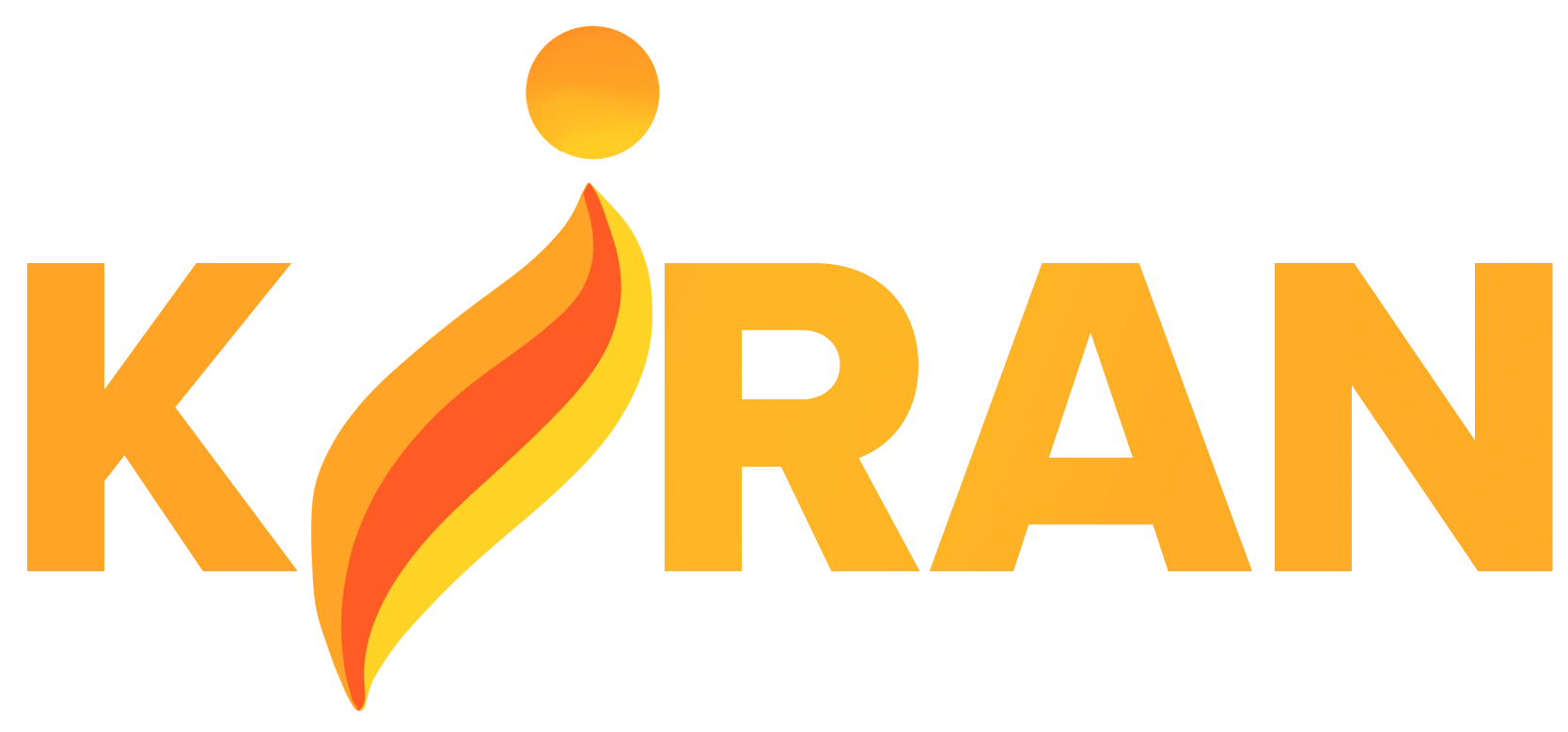Resources in NC
1 (877) NC-KIRAN | 24-hour confidential assistance
Legal Resources
Resource Referrals
Medicaid
To apply for Medicaid, people have three options:
- You may apply online at epass.nc.gov.
-
You may mail applications to: Wake County Human Services,
P.O. Box 46833, Raleigh, N.C. 27620. - You may apply by calling (919) 212-7000.
Medicaid questions can be emailed to FCMAintake@wakegov.com.
Mental Health Care
Food Assistance
Food and Nutrition Services
To apply for food and nutrition services, people may:
- Apply online at epass.nc.gov.
- Mail applications to: Wake County Human Services, P.O. Box 46833, Raleigh, N.C. 27620
Questions related to Food and Nutrition Services can be emailed to foodandnutrition@wakegov.com. If you need to speak to your caseworker, call (919) 212-7000. Or Text FOODNC to 877-877 to receive updates or visit: No Kid Hungry
More Resources
Financial Assistance
Housing Resources
Energy Assistance
Most utility providers are not currently disconnecting service during the COVID-19 outbreak. However, you can obtain an application for energy assistance by calling (919) 212-7000 or downloading an application here.
Childcare Subsidy
To apply for assistance with childcare costs, email childcaresubsidy@wakegov.com. Questions about childcare subsidies can be answered by calling (919) 212-7000.
More Resources
Safety Planning
Resources for Elder Victims
Signs of Physical Abuse
- Broken bones, bruises, and welts
- Untreated bed sores
- Torn, stained, or bloody underclothing
- Sexually transmitted diseases without clear explanations
- Dirtiness, poor nutrition, or dehydration
- Poor living conditions
- Lack of medical aids [glasses, walker, teeth, hearing aid, or medications]
- Over/under medicated
Signs of Emotional & Behavioral Abuse
- Unusual changes in behavior or sleep
- Fear or anxiety
- Isolation from friends or family
- Withdrawal from normal activities
- Sadness
Signs of Financial abuse
- Unusual changes in a bank account or money management services
- Unusual or sudden changes in a will or other financial documents
- Fraudulent signatures on financial documents
- Unpaid bills
Reporting Adult/Elder Abuse
Report suspected abuse in the community to the local Adult Protective Services agency, and report suspected abuse in a nursing home or long-term care facility to the local Long-Term Care Ombudsman Program. For serious and immediate emergencies, call 9-1-1.
Adult Protective Services - (336) 641-3347 Toll-Free (1 (800) 662-7030)
Local Law Enforcement - (336) 373-2222
Long-Term Care Ombudsman - (336) 904-0300
Senior Legal Helpline: Free legal help for North Carolinians aged 60 years or older Toll-free: 1 (877) 579-7562 Monday – Friday: 9-11 AM –1-3 PM
For reporting numbers outside your area:
If the elder lives in another state, call the protective services agency where the elder lives. To connect to a local or state reporting number, contact the Eldercare Locator at eldercare.acl.gov or at 1 (800) 677-1116 M-F 9 AM –8 PM ET
Resources for South Asian LGBTQ+ Victims of Domestic Violence
California
California
San Francisco
TRIKONE-San Francisco
P.O. Box 14161
San Francisco, CA 94114
Gay Asian Pacific Alliance (GAPA)
P.O. Box 421884
San Francisco, CA 94142-1884
Email: info@gapa.org
Asian & Pacific-Islander Wellness Center (APICenter)
730 Polk Street, San Francisco, CA 94109
Phone: (415) 292-3400
South Bay Queer & Asian
P.O. Box 28713, San Jose, CA 95159-8713
Phone: (408) 293-2429
Email: info@sbqa.com
Los Angeles
Satrang
Phone: (626) 379-3649
Email: contact@satrang.org
Gay Asian Pacific Support Network (GAPSN)
P.O. Box 461104, Los Angeles, CA 90046-1104
Phone: (213) 368-6488
Email Group: subscribe@gapsn.org
Asian/Pacific Gays and Friends - Los Angeles
7985 Santa Monica Boulevard, Suite 109, Box 443, West Hollywood, California 90046-5112
Phone: (213) 368-6488
Email: info@apgf.org
District of Columbia
Georgia
Atlanta
Trikone Atlanta
P.O. Box 18638
Atlanta, GA 31126-0638
welcome3kone@yahoo.com
Illinois
Massachusetts
New York
New York City
South Asian Lesbian and Gay Association (SALGA)
P.O. Box 1491, Old Chelsea Station
New York, NY 10113
Phone: (212) 358-5132
Email: salganyc@hotmail.com
APICHA
400 Broadway, New York, NY 10013
Phone: (212) 334-7940
Email: apicha@apicha.org
National Queer Asian Pacific Islander Alliance (NQAPIA)
P.O. Box 1277
Old Chelsea Station
New York, NY 10113
info@nqapia.org
North Carolina*
Durham
LGBTQ Center of Durham
114 Hunt St.
Durham, NC 27701
(919) 827-1436
info@lgbtqcenterofdurham.org
Center for Sexual and Gender Diversity
125 Science Drive100 Bryan Center
Box 90958
Durham, NC 27708
csgd@studentaffairs.duke.edu
(919) 684-6607
Durham Crisis Response Center-LGBTQ+ Program
206 N. Dillard Street
Durham, NC 27701
(919) 403-9425, Ext 271
crisisline@durhamcrisisresponse.org
Inside Out
INSIDEoUT 180
P.O. Box 25429
Durham, NC 27702
Raleigh
LGBT Center of Raleigh
19 West Hargett Street, Suite 507
Raleigh, NC 27601-1350
(919) 832-4484
info@lgbtcenterofraleigh.com
Greensboro
Youth Safe
210 E Bessemer Ave.
Greensboro, NC 27401
youthsafego@gmail.com
Charlotte
Time Out Youth
3800 Monroe Road
Charlotte, NC 28205
(704) 344-8335
Asheville
Youth Outright
P.O. Box 1893
Asheville NC 28802
(866) 881-3721
info@youthoutright.org
*These agencies/centers are not exclusive to South Asians, but do cater to all backgrounds. Raleigh, Durham, and Charlotte boast the highest Asian populations in North Carolina and continue to grow.
Washington
Washington
Resources for Teen Victims of Abuse
1 (877) NC-KIRAN | 24-hour confidential assistance

Dating Violence
"Supporting the development of healthy, respectful, and nonviolent relationships has the potential to reduce the occurrence of TDV and prevent its harmful and long-lasting effects on individuals, their families, and the communities where they live. During the pre-teen and teen years, it is critical for youth to begin learning the skills needed to create and maintain healthy relationships"
- CDC, Intimate Partner Violence
Risk Factors for Teen Dating Violence
Individual Risk Factors for Victimization
- Behaving in aggressive ways toward peers and others
- Struggling with depression, anxiety or other mental health issues
- Experiencing stressful life events like sexual abuse or sexual trauma
- Dating at a young age
- Using drugs or illegal substances
- Engaging in early sexual activity prior to age 16
- Having multiple sexual partners
- Lacking social problem-solving skills
- Using emotional disengagement and blaming as coping mechanisms
- Witnessing community or neighborhood violence
- Having low help-seeking characteristics
Relationship Risk Factors for Victimization
- Having a friend or sibling involved in an unhealthy relationship
- Experiencing lots of conflicts with the dating partner
- Witnessing or experiencing abuse or violence in the home
- Being parented in a harsh or inconsistent way
- Lacking supervision and/or warmth from parents
- Being socially isolated or lacking social support
Risk Factors for Dating Violence Perpetration
- Believing that it is acceptable to make threats or use violence to get their way
- Using violence or abuse as a way to express anger or frustration
- Having problems managing anger or frustration
- Associating with violent peers or others in violent or abusive relationships
- Having low self-esteem
- Struggling with a fear of abandonment
- Lacking proper parental supervision and support
- Struggling with depression, anxiety, or other mental health issues
- Witnessing violence at home or in the community
- Experiencing jealousy, possessiveness, and other negative emotions in a relationship
How Can I Get Help?
Check out this website to create a safety plan for yourself or someone else. This is a guide where you can receive help from advocates who will cater to your needs.
For the Adults
The Center for Disease Control and Prevention has released a training for parents, field practitioners, educators, and others who wish to become well versed in the matter of teen dating violence.

